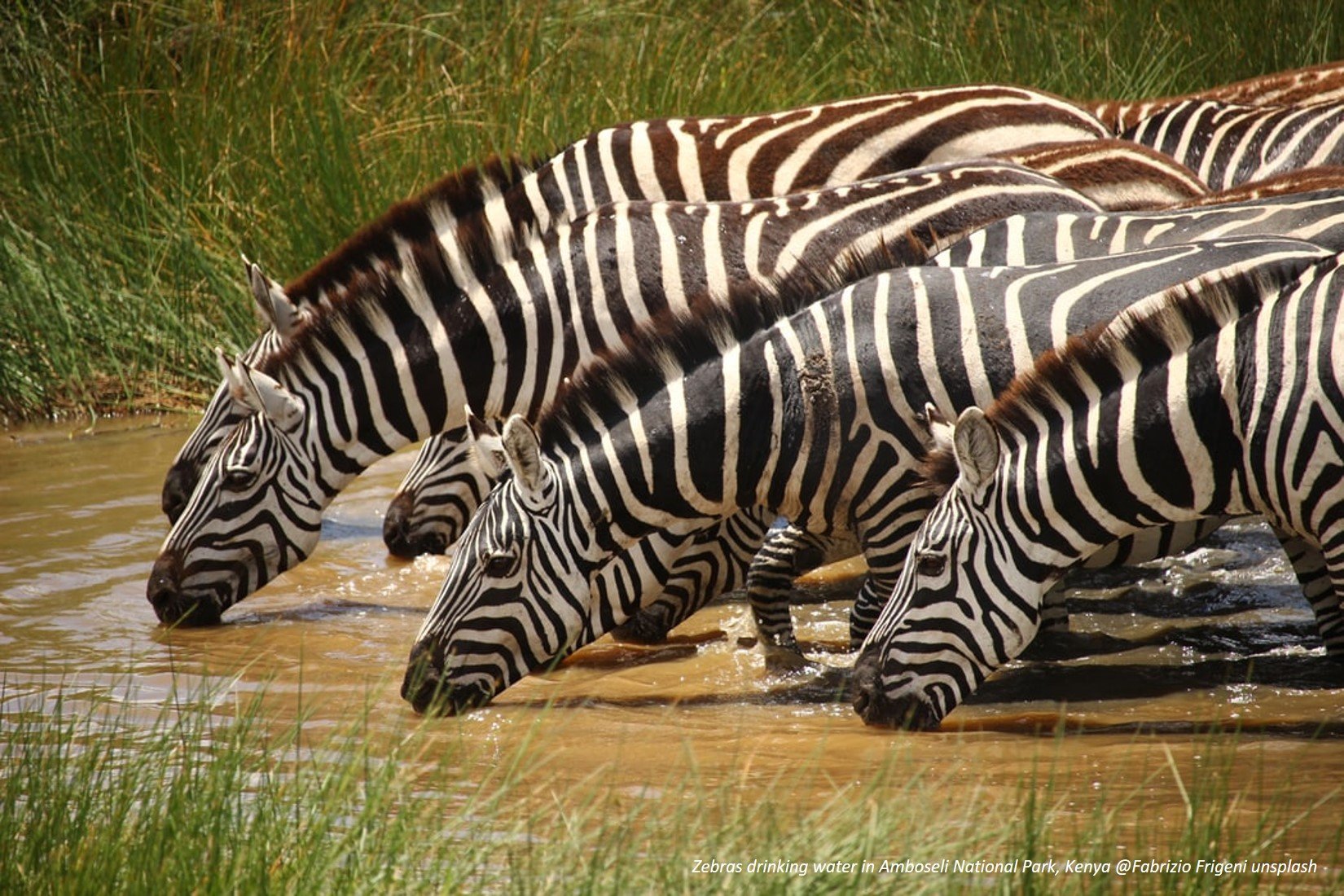
ABCG’s overarching goals of mainstreaming biodiversity in human well-being and development agendas, promoting good conservation practices, and strengthening the role of social and development institutions in biodiversity conservation and human well-being, are being pursued within the context of six thematic foci:
- Land Use Management
- Global Change Impacts on Biodiversity
- Community-Based Forest Management
- Global Health Linkages to Conservation: Population Health and Environment
- Global Health Linkages to Conservation: Fresh-Water, Sanitation and Hygiene
- Gender Integration
Our 2019 Annual Report provides progress made on these thematic tasks.
Implementation highlights in these thematic foci include:
Land Use Management (LUM): The working group made significant progress in developing a land-use planning training course, which will provide an introduction to the theory and practical starting points of integrating biodiversity into land-use planning. The training course will build capacity of African governments and stakeholders in the use of tools and methodologies in order to influence land use planning. The training course will be released in the second quarter of FY 2020. The working group has also been working to infuse LUM recommendations into land use plans for 13 villages within the Southern Agricultural Growth Corridor of Tanzania (SAGCOT) Kilombero Cluster. The planning aims to sustainably improve agricultural practices for 2,000 farmers while considering conservation and ecosystem service values where farms encroach on Kilombero Nature Reserve and Ruipa Wildlife Corridor habitat and connectivity areas.
Managing Global Change Impact (GCI): In 2017, the Global Change Impacts group (GCI) identified how changes in climate are affecting livelihoods and how communities’ responses to those changes are affecting biodiversity through community interviews. The results show that 35% of the total adaptation responses conducted by local communities have a negative impact on biodiversity. Many of these spontaneous responses to climate change also reduce communities’ resilience and the ability to adapt to changing future conditions. The working group has conducted workshops with the communities that they interviewed in Kenya, Tanzania, and Madagascar to report on the findings from the analysis of survey responses and discuss pilot adaptation projects that will help communities adapt to climate change while protecting biodiversity. These projects will be implemented in FY 2020.
Community-Based Forest Management (CBFM): Three local community forest concessions (CFCL) dossiers (files of required documents for allocation) in Walikale province, DRC that would enable communities secure rights to manage their land and sustainably manage the forests were finalized by this working group. The working group also created a Community of Practice to contribute to the understanding and implementation of CBFM management plans in DRC. In order to have a better understanding of the working context in DRC, the working group has been holding consultations with different stakeholders engaged in the community forest policy process.
Global Health Linkages to Biodiversity Conservation—Population, Health and Environment (PHE): The PHE working group members collaborated on a series of planning meetings with health and development organizations with complementary PHE goals, including Population Reference Bureau (PRB), Pathfinder International, and John Snow International, as well as USAID staff. The meetings were aimed at leveraging collaboration with partners, sharing task activities and expected outcomes, and receiving feedback on how to improve and strengthen activities.
Global Health Linkages to Biodiversity Conservation—Fresh Water Sanitation and Hygiene (FW-WASH): The FW-WASH task has been focusing on translating on-the-ground successes into policy action. The working group organized successful advocacy trainings for project teams in USA, Uganda, and South Africa to enable project teams scale up their work through influencing key stakeholders and local government to adopt FW-WASH best practices and in the development of appropriate policies that conservation.
Integrating Gender and Vulnerable Populations in Activity Design and Implementation: ABCG technical leads and gender experts convened for a day-long Gender Integration Workshop. Following the workshop, ABCG technical leads agreed to incorporate at least two gender indicators concerning the learning question. By integrating gender dimensions in all thematic and cross-cutting program components, ABCG aims to more explicitly address the issues that limit the ability of women and vulnerable populations to participate fully in conservation and natural resource management.


Add a Comment